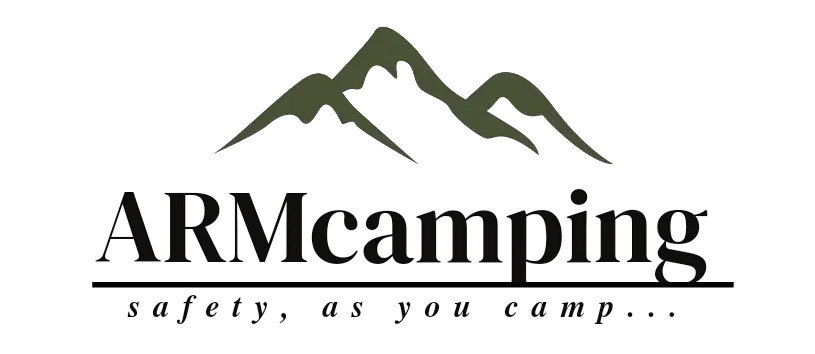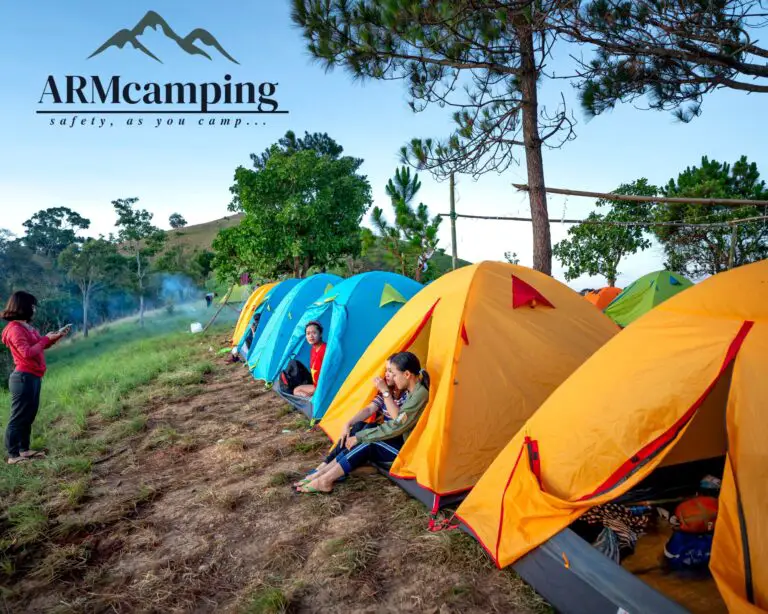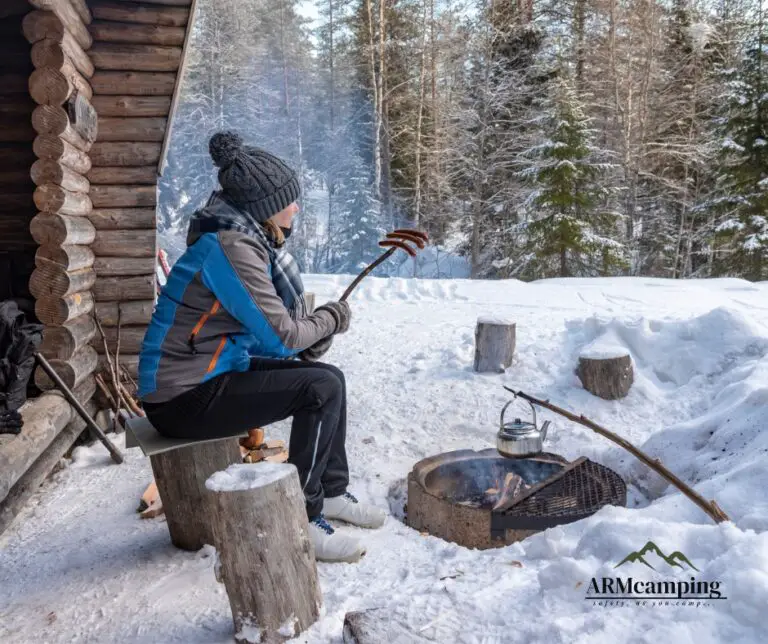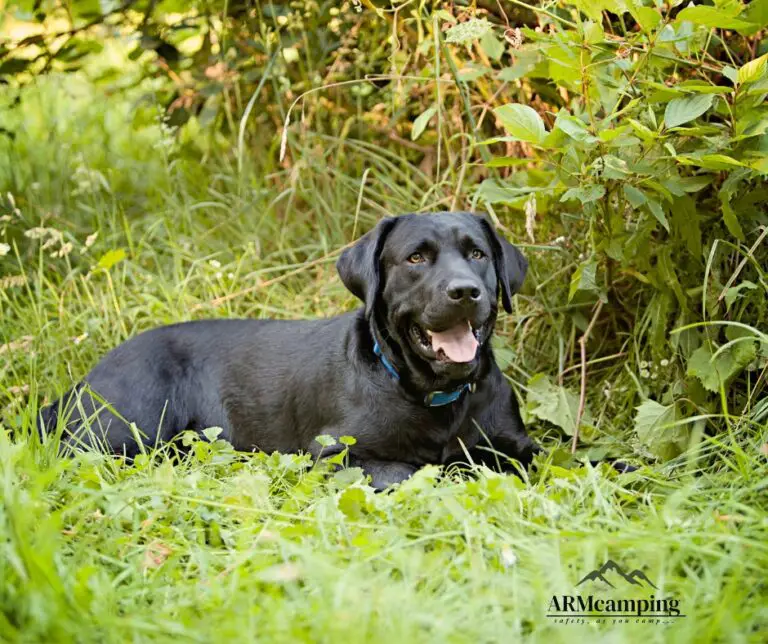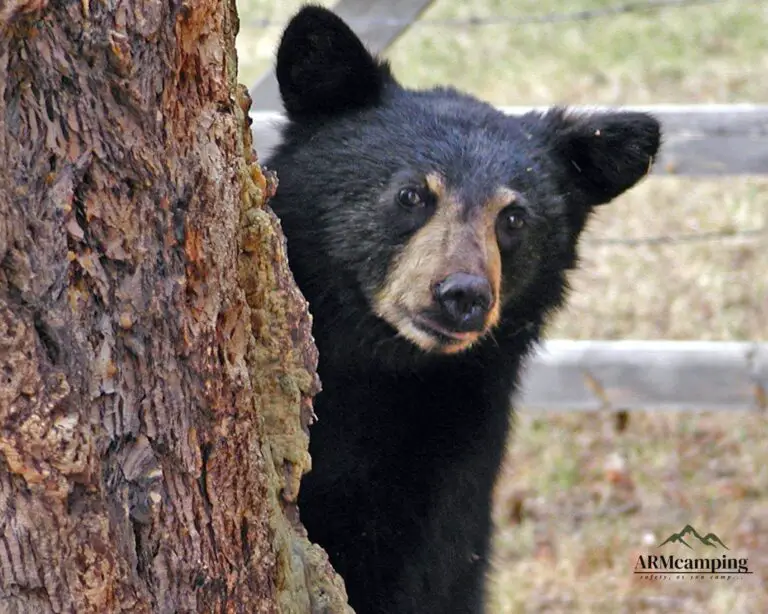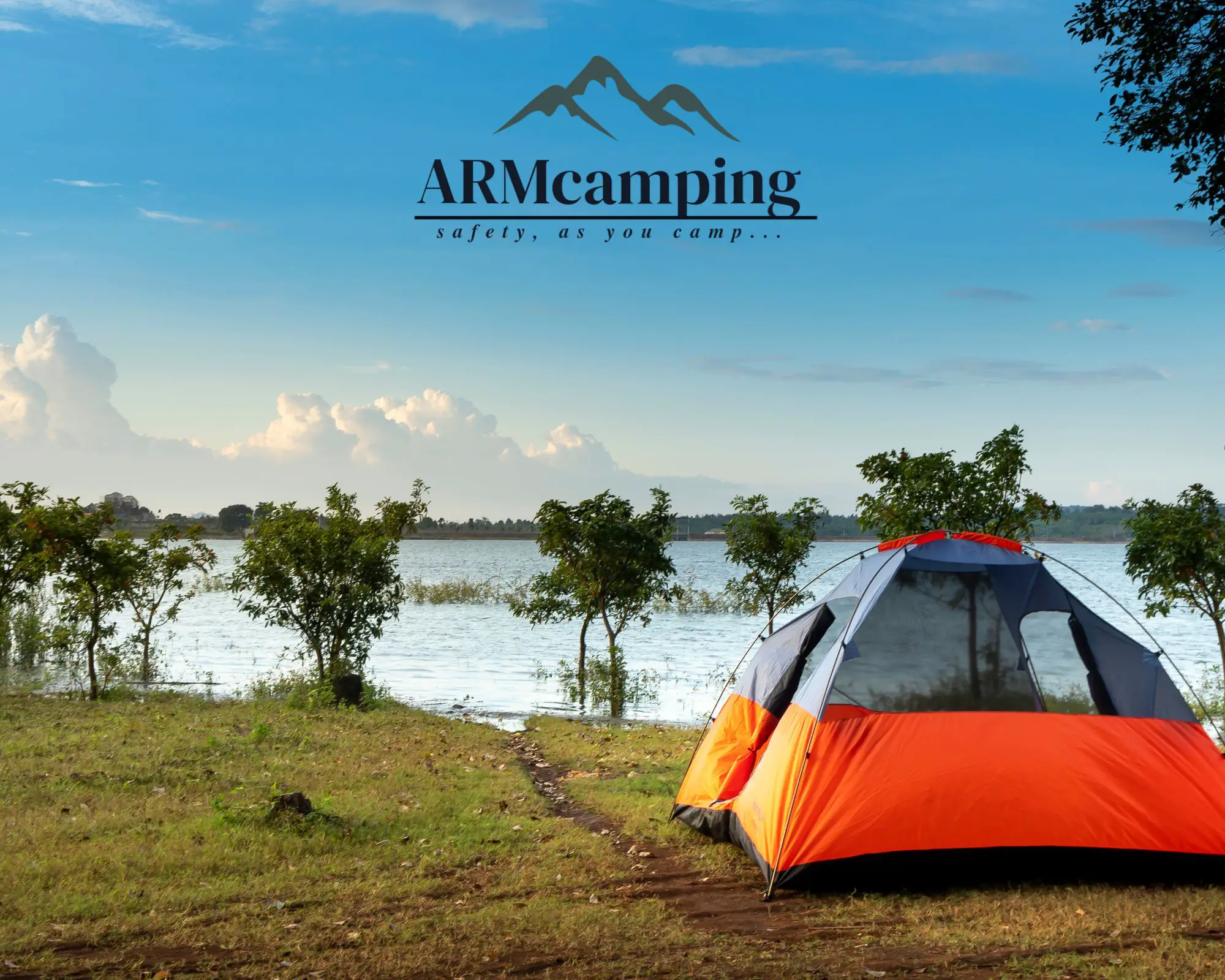
Is Campground Water Safe To Drink?
Table of Contents
Have you ever wondered if the water at your campsite is safe to drink? It should be, but there are always exceptions. You can never be too careful with the things you put in or on your body.
This is especially true with the water. Whether it is a lake, river, or gallon jug of filtered water, there are always risks of contamination. If you are camping, then you need to be especially careful.
The water you plan to drink or use in any way can be a hazard to your health. Have you ever wanted to go camping, but the quality of the water was your concern? I’ve been there before.
That’s why we put together this guide. In it, you’ll find some simple yet effective ways to check if the water is safe enough for drinking and cooking.
How To Check If The Water Is Safe When Camping?
However, sometimes you need to check if the water is safe when camping. It might be because the water source is not clear or because you want to be on the safer side.
You may already know that campgrounds don’t always give you the water you think they do, but how do you know if you’re drinking poison? There are a few basic questions to ask:
What is the source of the water? Do they take it from an actual stream or river, or use it from an artificial reservoir? Will it taste good? What is its color and smell like? How do they treat their water? Is it chlorinated (which means there are chemicals in the water), filtered (which means it passes through a series of filters), purified (which means it gets rid of everything nasty before being delivered to your campsite) or just plain tap (none of these).
These seem like basic questions with simple answers, but depending on where you live and what type of water source you’re using, can mean different things. Campsites usually provide bottled (or sometimes filtered) water, though some private wells may be available.
They may also sell “drinking fountains,” which are relatively safe; these fountains have no chlorine in them. It’s best to ask when purchasing bottled water whether they add chemicals to their water; if not, then ask if they will.
And when at all possible, check the tap for any chlorine smell before drinking any. Look for signs on the tap that say “chlorine-free!” In addition, there are treated municipal tap waters out there which can be better than untreated public ones — check both sources thoroughly before giving up on one because supposedly better.
Regardless of the reason, you should know how to check it and keep yourself protected. If you aren’t sure if the water is safe for drinking, here are the 7 methods to test whether or not the water is safe when you go camping.
1. If Cloudy Or Murky, Do Not Drink It
One of the most important tasks when camping is to make sure that the water you drink is safe to drink. You need to know what to look for and what the levels are, so you can make sure you and your friends or family don’t drink polluted water.
However, many people just want to enjoy camping and not bother about the safety of the water. The important thing is to drink no water without knowing if it’s safe or not, even if you think the water looks okay, it’s better to be safe than sorry.
Notwithstanding, not all water is safe to drink. Metals, minerals, or bacteria can contaminate water sources in many campgrounds. If you do not disinfect such water, the result may be illness during or after your camping trip.
How do you check if it’s safe to drink? What should you look out for? It’s simple as A, B, C… And that’s if you look closely at the water, it looks somewhat cloudy or murky, do not drink it.
2. Check For Algae Or Discoloration
When you’re camping, you might not tell the safety of your water source by just looking at it. Flickering lights, murky water, or discolored water can be dangerous for both you and your camper—so always check your water before drinking.
The most important thing to remember while camping is to be cautious. You should always check the water at your campsite, as well as any food you plan to eat, before drinking it.
We can find algae and bacteria in all water sources, so it’s important to clean your drinking water even if it looks clear. It’s also crucial to know the time of year you’ll be camping since low temperatures and rain can increase the risk of bacterial growth.
If you are camping near a river or stream and the water is algae or discoloration, don’t drink it. It’s not safe to drink. Run your hands under the water and if you feel a slimy film all over them, do not drink the water.
>> Don’t miss: “How You Can Maintain Personal Hygiene During Camping
3. If The Water Smells Bad, Don’t Drink It
Are you planning to go camping? You’re ready to pack up your bags and hit the road. Don’t forget water! I know you are excited, but you need to remember one important rule while camping.
If the water smells bad, don’t drink it. It’s as simple as that. However, don’t forget I mentioned ‘smells’ and not tastes. Your taste buds and your sense of smell can detect something that isn’t right, even if you cannot explain why.
Drinking water that has an odd smell is a huge health risk. A host of things can cause it, including a decaying water source or contamination. But the most common cause is parasites. That’s why it’s important to tell if the water is safe to drink before you go out.
4. The Water Shouldn’t Smell “Earthy” Or “Musty”
While camping, if the water smells earthy (like the dirt it comes into contact with) or musty (like mildew or rotten leaves), don’t drink it. It’s not safe to drink.
While camping, there are a few things to watch out for regarding drinking water. It’s very important to have water that tastes clean, looks clean, and doesn’t smell like chemicals or earthy. In order to stay safe, we need to understand how water can be polluted and how to treat it. [001],[002]
When you’re out camping, it’s important to remember that all water isn’t the same. For example, some campgrounds supply drinking water directly from the tap. Other campgrounds, however, use water from a central pump and store it in a covered tank.
If the water has been sitting in the tank for long, the smell may change. However, if the water smells earthy or musty, don’t drink it! If it smells even a little like dirt, don’t drink it! Any slight smell at all shows the water may be contaminated.
5. When In Doubt, Treat The Water
You are camping and need some water to drink. Initially, you think it’s clear and drinkable. But someone tells you it’s not safe to drink. Now, either the dirty water or it isn’t — but regardless of that, a critical decision could have catastrophic results.
It’s best to just not take a risk, treat the water before drinking it. However, it is advisable to treat the water if you are in doubt. It will always be safe to do so, regardless of the water looks clean or not.
6. You Can Also Use A Field Water Purification Kit
You may have camped before and want to consider doing it again, but worry about the dangerous water you may be drinking. The water you find in the rivers and lakes can often be unsafe to drink, so purify it with a filtration system.
One cost-effective way of purifying water is the use of a field water purification kit. Simply place the contents of the kit into the gallon-sized bag of water. Swirl it for a couple of minutes so that it mixes well and wait for 30 minutes before drinking.
Don’t drink unfiltered water. Water from lakes, streams, and rivers can contain bacteria, viruses, parasites, and other disease-causing organisms. If you don’t have your own filters or purification kit, there are several portable water purification kits available for sale on Amazon. Check here!
7. After Treating The Water, Wait 10 Minutes
After treating the water, wait at least 10 minutes to ensure that any chemical used has had time to take effect. It is important to let the water sit and settle after adding purification tablets to allow sediment and precipitate to settle down before drinking.
Finally
In summary, the best way to have safe water to drink while camping is to boil it for five minutes, which will kill any bacteria, viruses, or parasites that may be present.
If that is not possible, you can use water purification tablets, although these may not completely kill all the organisms present in the water. However, for many people, the thought of camping can be scary.
Many people would prefer to stay in the comfort of their own homes. However, there are many more pros than cons to camping, and many people miss out on some of the amazing experiences that the great outdoors offers.
>> You may also like: The Camping Stove, For Your Low Budget
